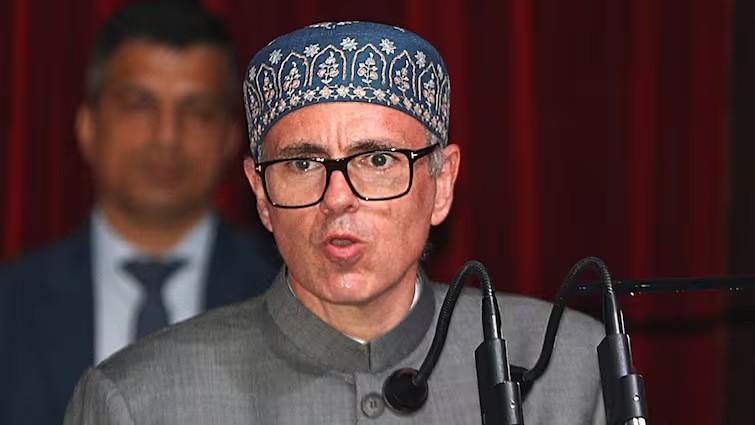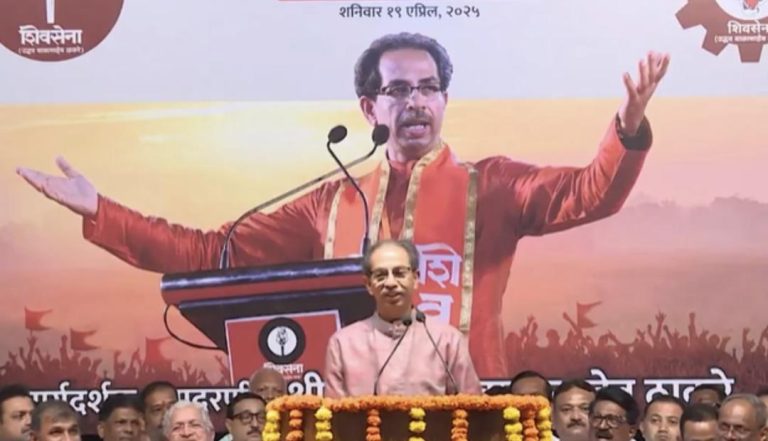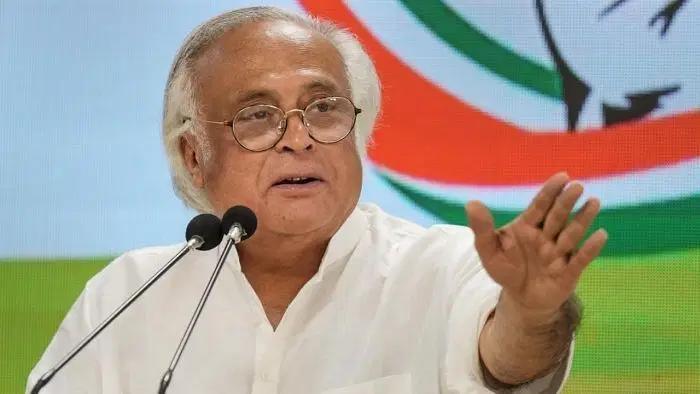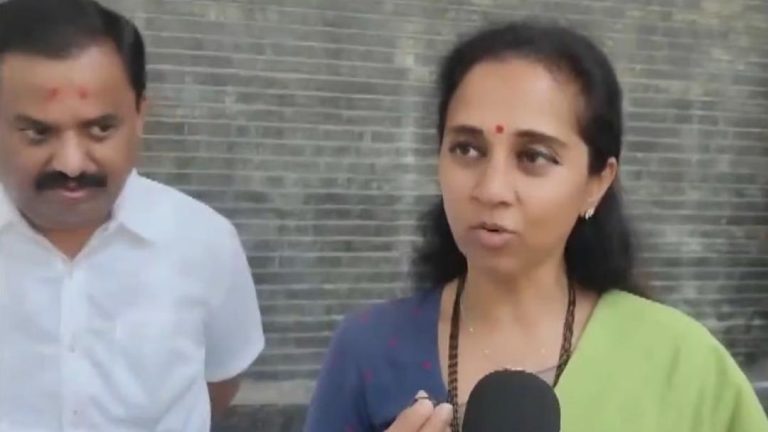
Normalcy in J&K post Art 370 abrogation is forced, not organic: CM
The abrogation of Article 370, a constitutional provision that granted special status to Jammu and Kashmir, was a significant move by the Indian government. The decision was aimed at integrating the erstwhile state with the rest of the country and promoting economic development in the region. However, the normalcy that has been restored in Jammu and Kashmir following the abrogation of Article 370 has been described as “forced” rather than “organic” by the Chief Minister of the newly formed Union Territory, Omar Abdullah.
In a recent statement, Omar Abdullah expressed his views on the normalcy that has been restored in Jammu and Kashmir. He said that if the normalcy in the UT is indeed organic, then nothing like it has ever been seen before. However, if it is driven out of fear, then there is a problem. Abdullah also stated that he believes that people do not believe that the normalcy is organic.
Abdullah’s comments come at a time when the Indian government has been claiming that the situation in Jammu and Kashmir has returned to normalcy. The government has been highlighting the increased tourist arrivals, the resumption of economic activities, and the improvement in communication services as evidence of the restored normalcy.
However, Omar Abdullah’s comments suggest that the normalcy in Jammu and Kashmir may not be as organic as the government claims. The Chief Minister’s statement implies that the people of Jammu and Kashmir may not be genuinely happy with the new situation, and that they may be living in fear of the consequences of expressing their dissent.
The abrogation of Article 370 was a contentious decision that was greeted with widespread protests and violence in Jammu and Kashmir. The government had to impose a strict curfew and deploy thousands of security personnel to maintain law and order in the region.
Despite the restored normalcy, the situation in Jammu and Kashmir remains tense. The government has been accused of human rights violations, and there are reports of arbitrary arrests and detentions. The communication blockade that was imposed in the region has also been criticized, with many residents complaining about the lack of access to basic services like healthcare and education.
Omar Abdullah’s comments have sparked a debate about the nature of normalcy in Jammu and Kashmir. Some experts have argued that the normalcy that has been restored in the region is indeed forced, and that it is based on a sense of fear and uncertainty rather than genuine happiness.
Others have argued that the government’s efforts to restore normalcy in Jammu and Kashmir have been successful, and that the region is on the path to economic and social development. They point to the increased investment in infrastructure, the promotion of tourism, and the improvement in communication services as evidence of the restored normalcy.
However, Omar Abdullah’s comments suggest that the normalcy in Jammu and Kashmir is not as straightforward as the government claims. The Chief Minister’s statement implies that the people of Jammu and Kashmir may not be genuinely happy with the new situation, and that they may be living in fear of the consequences of expressing their dissent.
In conclusion, the normalcy in Jammu and Kashmir post the abrogation of Article 370 is a complex issue that is shrouded in controversy. While the government claims that the situation has returned to normalcy, Omar Abdullah’s comments suggest that the normalcy is forced rather than organic. The debate about the nature of normalcy in Jammu and Kashmir is likely to continue, and it will be important to monitor the situation closely to ensure that the rights and interests of the people of Jammu and Kashmir are protected.






